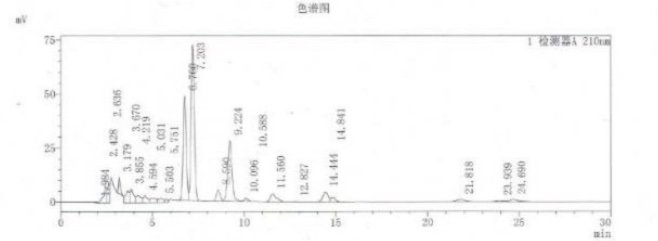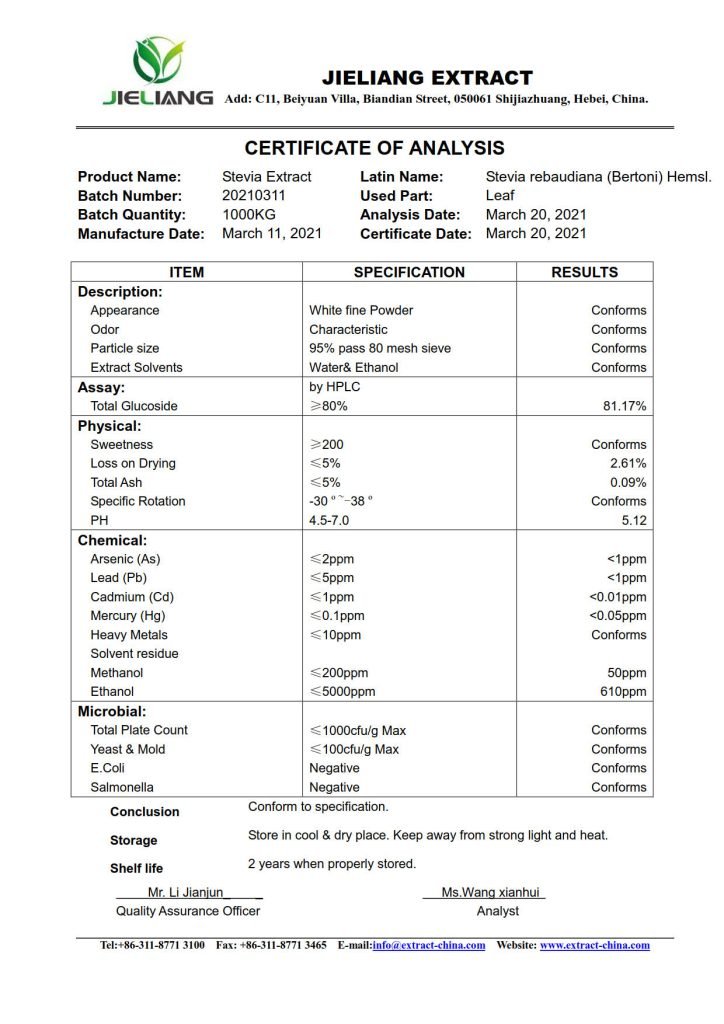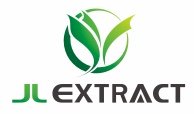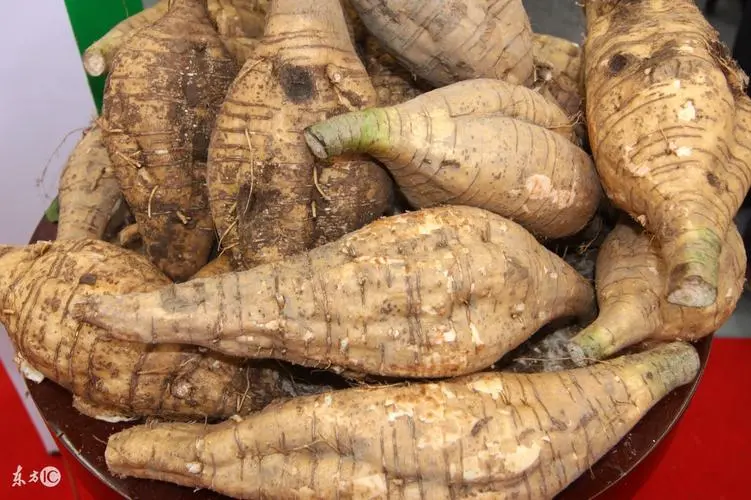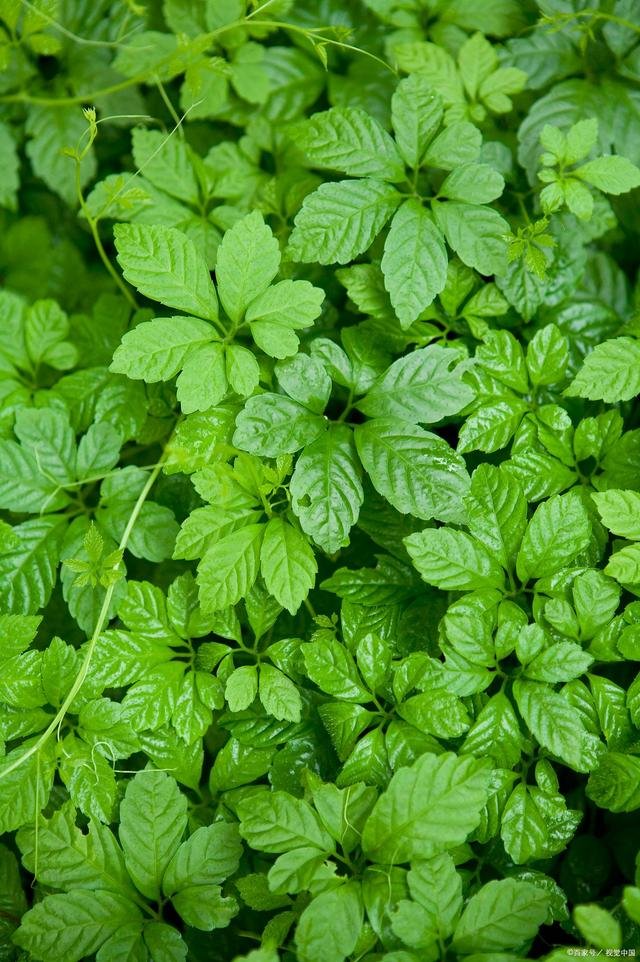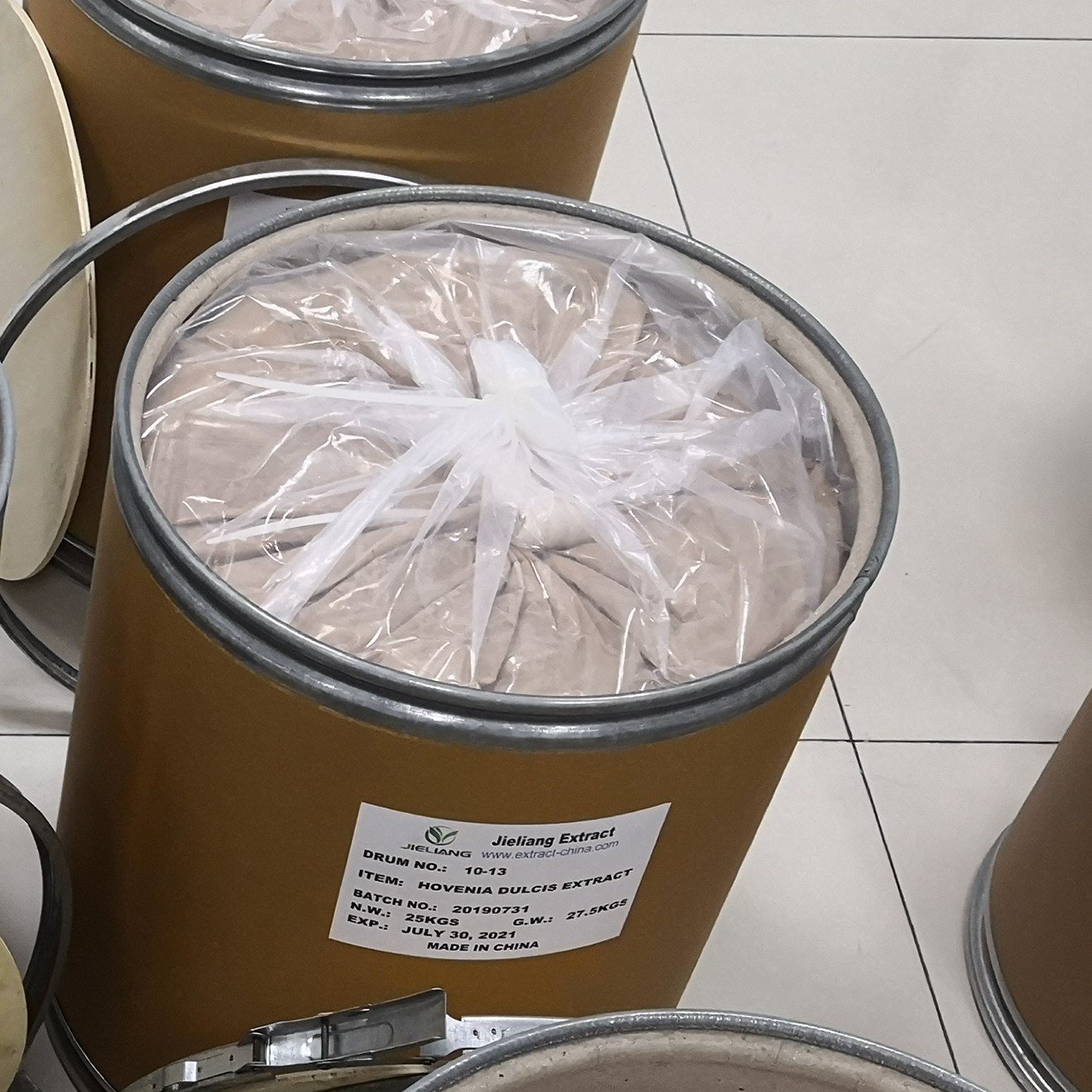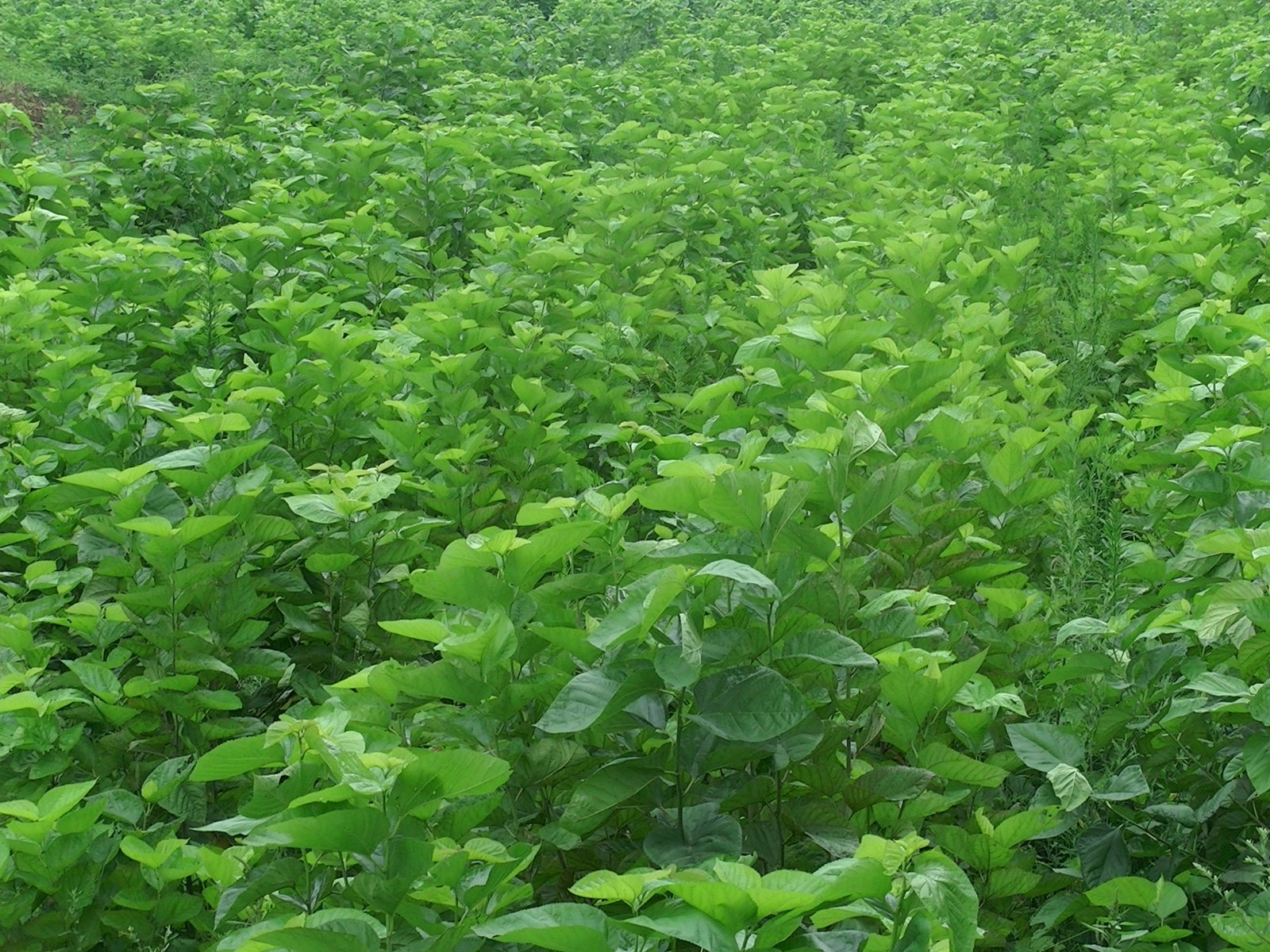INTRODUCTION
Stevioside (CAS NO. 57817-89-7, Chemical formula: C38H60O18) is a glycoside derived from the stevia plant, which can be used as a sweetener.[1] Evidence of benefit is lacking for long-term effects on weight loss and heart disease risks.
Stevioside (CAS NO. 57817-89-7, Chemical formula: C38H60O18) is the main sweetener (along with rebaudioside A) found in the leaves of Stevia rebaudiana. The sweetening power of stevioside was estimated to be about 300 times stronger than cane sugar.
APPLICATION
China is the leading global producer of stevioside, accounting for over 90% of the world’s stevia supply, and our company is a top manufacturer and supplier of stevioside.
Uses of Stevioside
Stevioside, a natural, zero-calorie sweetener extracted from the leaves of Stevia rebaudiana, is 200–300 times sweeter than sucrose and widely used across industries. Its primary applications include:
-
Food and Beverage Sweetener: Stevioside is used as a non-caloric sweetener in products like soft drinks, candies, cakes, yogurts, and ice cream, offering a healthier alternative to sugar. It helps reduce calorie intake, making it ideal for low-calorie, low-sugar, and diabetic-friendly foods. Its heat and pH stability ensure suitability for beverages and baked goods.
-
Pharmaceutical Applications: Stevioside is incorporated into medicines to mask bitter tastes and develop low-sugar formulations. Preclinical studies suggest it has antidiabetic, hypotensive, and anti-inflammatory effects, supporting its use in supplements to regulate blood pressure, glucose levels, and promote digestion.
-
Daily Products and Cosmetics: Stevioside is added to products like toothpaste, mouthwash, and skincare items for its antimicrobial properties and sweetening effect, enhancing flavor without contributing to tooth decay.
-
Health Benefits: Regular consumption may help prevent conditions like diabetes, obesity, hypertension, and dental caries due to its non-carcinogenic, non-toxic nature and low caloric value. It also exhibits antioxidant and antimicrobial properties, supporting its use in functional foods.
Despite its benefits, stevioside’s bitter aftertaste can limit high-concentration use, often addressed through microencapsulation or blending with other sweeteners like aspartame. Regulatory approval varies globally, with widespread acceptance in Asia and South America, but restrictions in the U.S. for crude extracts due to safety concerns.
CERTIFICATE OF ANALYSIS AND FINGERPRINT CHROMATOGRAPH
| Product Name: |
Stevia Extract |
Latin Name: |
Stevia rebaudiana (Bertoni) Hemsl. |
| Batch Number: |
20210311 |
Used Part: |
Leaf |
| Batch Quantity: |
1000KG |
Analysis Date: |
March 20, 2021 |
| Manufacture Date: |
March 11, 2021 |
Certificate Date: |
March 20, 2021 |
| ITEM |
SPECIFICATION |
RESULTS |
| Description:
Appearance
Odor
Particle size
Extract Solvents |
White fine Powder
Characteristic
95% pass 80 mesh sieve
Water& Ethanol |
Conforms
Conforms
Conforms
Conforms |
| Assay:
Total Glucoside |
by HPLC
≥80% |
81.17% |
| Physical:
Sweetness
Loss on Drying
Total Ash
Specific Rotation
PH |
≥200
≤5%
≤5%
-30 º~-38 º
4.5-7.0 |
Conforms
2.61%
0.09%
Conforms
5.12 |
| Chemical:
Arsenic (As)
Lead (Pb)
Cadmium (Cd)
Mercury (Hg)
Heavy Metals
Solvent residue
Methanol
Ethanol |
≤2ppm
≤5ppm
≤1ppm
≤0.1ppm
≤10ppm
≤200ppm
≤5000ppm |
<1ppm
<1ppm
<0.01ppm
<0.05ppm
Conforms
50ppm
610ppm |
| Microbial:
Total Plate Count
Yeast & Mold
E.Coli
Salmonella |
≤1000cfu/g Max
≤100cfu/g Max
Negative
Negative |
Conforms
Conforms
Conforms
Conforms |
|
Conclusion |
Conform to specification. |
|
Storage |
Store in cool & dry place. Keep away from strong light and heat. |
|
Shelf life |
2 years when properly stored. |
